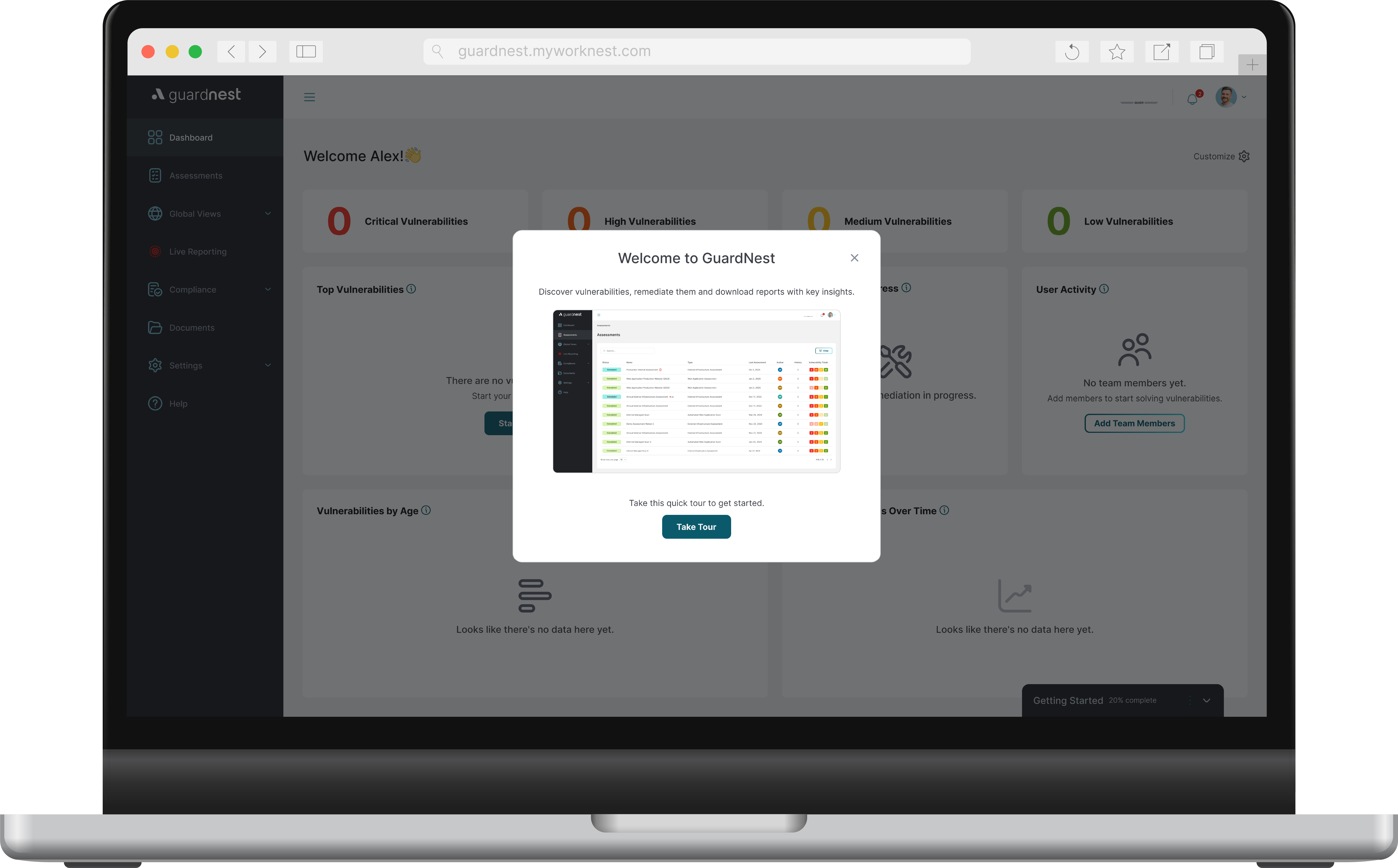Valentines Scams


Valentine’s Day Scams
It’s that time of year again where Cupid’s arrow strikes and love is in the air. Unfortunately, with love also comes a slew of scams. People trying to take advantage of your emotions and get money out of you. This Valentine’s Day, be aware of the different scams that may be targeting you. We’ll cover how to avoid fraud, catfishing and other techniques used by Phishing Scammers this Valentine’s Day.
Prefer a video over a good read? Watch our Consultants as they break down some of the above points and give some fast and effective advice for you this Valentine’s day. Jump down to the vid.
Fraud
One of the most common scams during Valentine’s Day is fraud. This occurs when someone poses as a potential love interest and asks for money, often claiming to need it for medical expenses or travel costs. Be very wary of anyone asking for money online, especially if you haven’t met them in person. There are plenty of legitimate ways to meet people online, but this isn’t one of them.
All you need to remember to avoid fraud over the romantic holiday is as follows:
If a person asks for money, end the conversation immediately. Don’t engage them any further or give them your contact information beyond the platform where you initially met them (for example, don’t share your phone number with someone asking for money if you only met on Twitter). You should report their account as well so other users won’t fall victim too!
CatFishing
Another scam that commonly pops up around Valentine’s Day is catfishing. Unlike the phishing our testers are used to, this is where someone creates a fake profile on social media or dating websites in order to lure people into relationships with them. They may even go so far as to create fake photos and videos to make themselves look more attractive. Always be sure to do your research on people before getting too invested in a relationship with them. If something seems off, it probably is.
There are a few things you can do to avoid falling victim to catfishing:
- Only communicate with people through the platforms where you originally met them (for example, don’t move conversations to WhatsApp or Skype if you only talked on Tinder).
- Don’t share personal information like your phone number or address until you’ve met the member in person.
- Do a reverse image search of any profile photos to see if they’re actually from somewhere else online. For information on this form of search see Googles advice here: support.google.com
Other Techniques
Besides fraud and catfishing, there are other techniques scammers may use to try and take advantage of you this Valentine’s Day. For example, they may try to get you to click on a link that actually contains malware or a virus. The best way to avoid this is by not clicking links from people you don’t know, especially if they’re sent over social media platforms like Facebook Messenger.
Try not to be too starry-eyed during valentines day and always trust your instincts. If something seems off, there’s probably something wrong with it! If you follow these tips and stay vigilant, hopefully, Cupid won’t strike in the worst way possible this valentine’s day.
Valentines Day Scams – Quick Advice
Video/Audio Transcript
Hi, I'm Eman. I'm the content creator here at pentest people, and today we are going to be discussing the risks of online dating.
cybercriminals often use holidays as their scam campaigns. And Valentine's Day is no different.
The top three dating apps are Tinder, bumble, and hinge. Dating apps don't conduct criminal background check. So it's up to each user to determine if they are comfortable meeting up with someone.
We spoke to four members of our team about their views and opinions on dating apps,
the percentage of people using dating apps are increasing one of the main risks with online dating as catfishing. This is when somebody pretends to be somebody else,
we all want to cuddle over Valentine's Day. Unfortunately, fraudsters know this and take advantage of lonely people on dating apps in order to gain money from them. Generally, this will come in the form of either asking for train tickets, so they can come and meet up with people or claiming that they're going through a difficult time financially. And using that as a pretext to ask for money as Valentine's Days approach and be cautious of fake dating websites that will appear on your mobile and desktop apps.
When using dating apps, we should look out for malicious communication as they may have malicious intent.
It's vitally important when operating on these dating apps that you do not send money to people that you don't know. It doesn't matter what kind of sob story they're presenting. It's never worth it. In the end.
It's the person you have matched with has no biography, and linked social media accounts but no pictures. It's more than likely a fake account.
It's important to be very cautious when you connect with someone online that you have such little information about.
Don't be tricked this Valentine's Day and stay safe.
.png)








.svg)








.webp)


